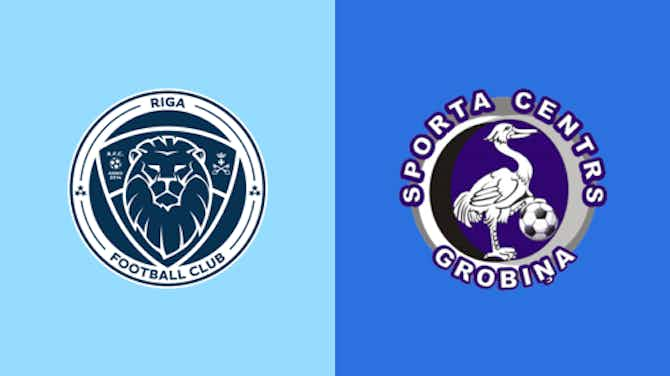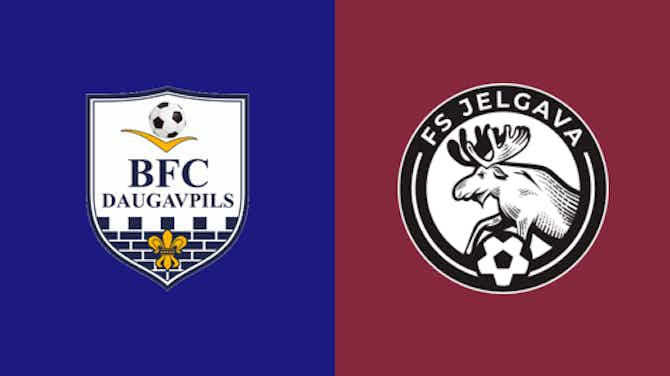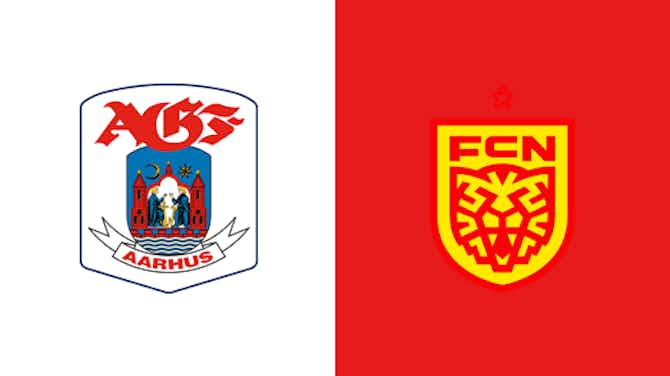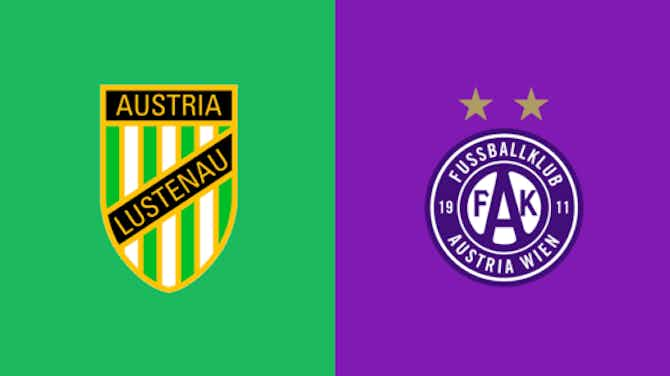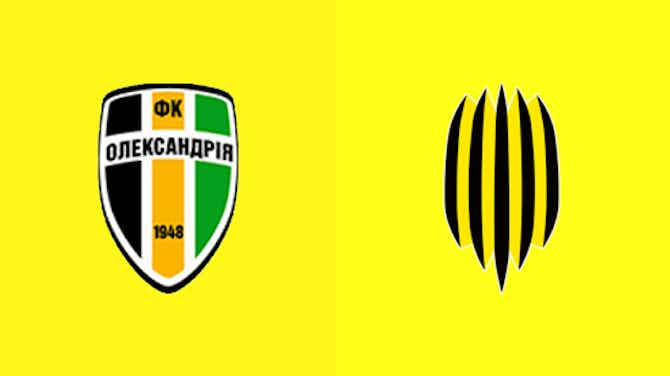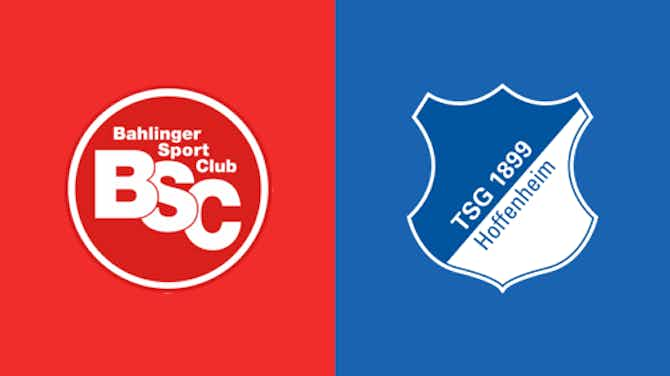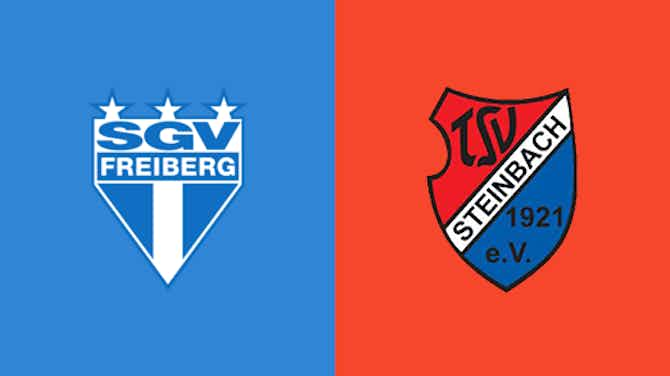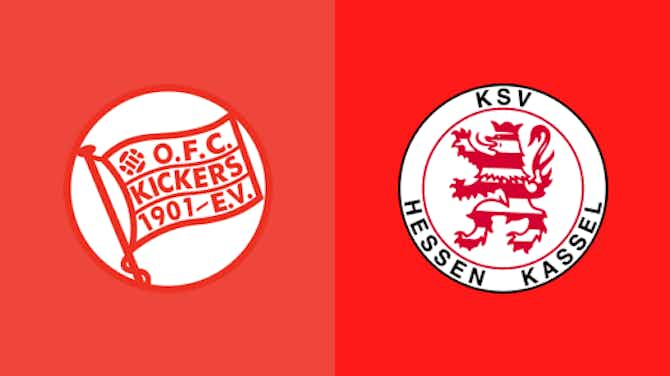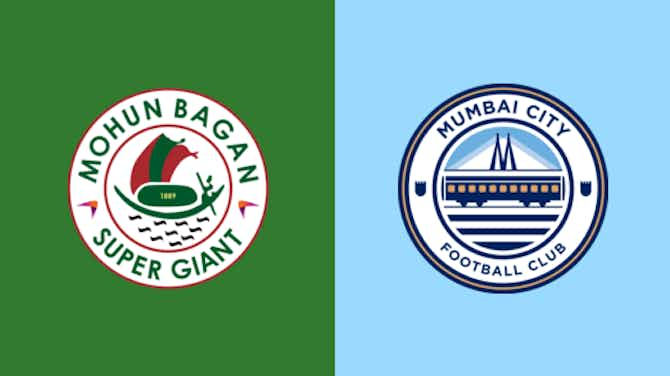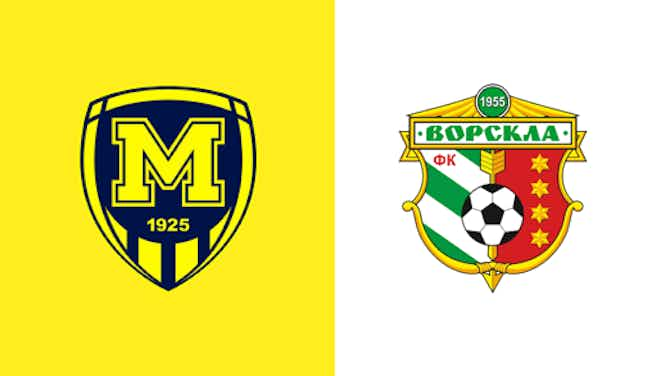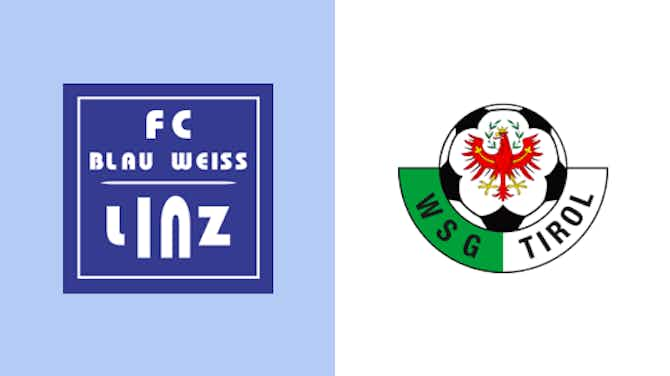Barca Universal
·28 November 2020
Andres Iniesta: The master of time and space
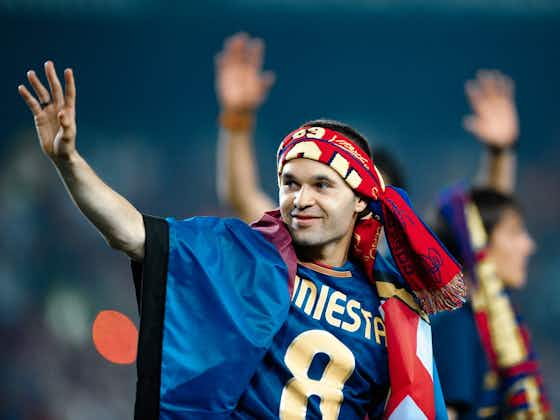
Barca Universal
·28 November 2020

Time and tide wait for no one.
The famous saying hits harder in sporting environs than anywhere else. One moment, you are on top of the game you love and cherish, garnering the love and adulation of fans across the world; the next, you are staring into the abyss, painfully aware that the time on top is fast approaching its end. The same holds for footballers, even someone who so expertly controlled time and space for years on end. We are, of course, talking about Andrés Iniesta Luján.
One of the best midfielders in the world, Iniesta has gone on to earn the admiration of fans, colleagues, counterparts and coaches the world over. However, despite his staggering stature, Iniesta was not someone who you would pass off as a potentially world-class player on first glance.
Indeed, his diminutive figure could fool many. But this was a footballer who packed a punch in typically graceful fashion whenever he took to the pitch. Iniesta, though, did not really have the best of beginnings at Barcelona.
When Andres Iniesta joined La Masia back in 1996, he was so overwhelmed by being separated from his parents that he has gone on to describe the occasion as the worst day of his life, a day when he “cried rivers”. Little did the timid kid who hailed from Fuentealbilla know that he was one day going to become one of the best players that the game has ever seen.
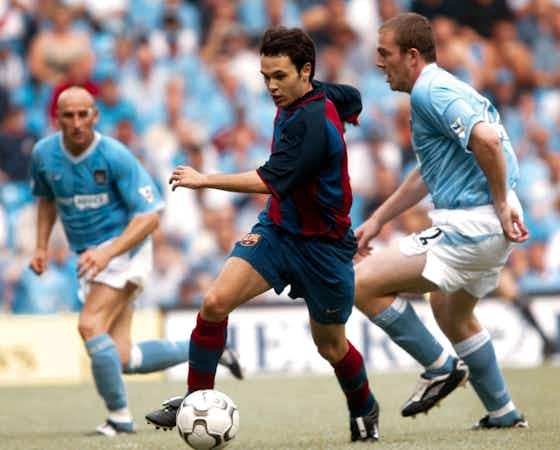
Andres Iniesta took a long time before breaking into the Barcelona team, and becoming captain. (Photo via Imago)
However, many who viewed him in action even before that big day knew that Iniesta was destined for greatness. Former Albacete coach and casino employee Andre Manuel Balo recounts how he needed to watch Iniesta for just five minutes at his trial, iterating how it was more than long enough to be sure of his talent.
“We watched him at the trial, and after five minutes we said: “Take that little kid off; we’ve seen enough.” In fact, it wasn’t even five minutes. It didn’t take him long; we were convinced. After everything we had been told and with what we had just seen, that was more than enough. It was wonderful to watch him: so small, the ball at his feet, bigger than he was. Why did we take him off so soon? Because we were so sure and we had to use that time to watch the other kids, the ones we had doubts about. There were no doubts with Andrés. Andrés played in the middle, and once he got the ball, there was no way of getting it off him. It was impossible. Pretty much like it is now, in fact.”Andre Manuel Balo | An extract from The Artist: Being Andres Iniesta (Autobiography)
The trend would continue as Iniesta joined a fabled academy, where his life would change forever. The soon-to-be teenager was extremely shy and reserved when he made his way to La Masia. However, he really did not need to speak a word, as his game was enough to force people to sit up and take note of his captivating abilities.
And despite his quiet nature, Iniesta provided the first demonstration of his leadership qualities when he captained Barcelona Under-15 to lift the 1999 Nike Premier Cup. Not only that, but he also scored the winning goal in the final and was named the player of the tournament, typically leading by example, as he would all through his senior career.
Iniesta never scored an awful lot of goals, but he did get used to scoring winners, coming up clutch on the biggest of occasions, as Chelsea and Netherlands can recall correctly – just two teams that suffered the wrath of the maestro’s pitch-perfect timing.
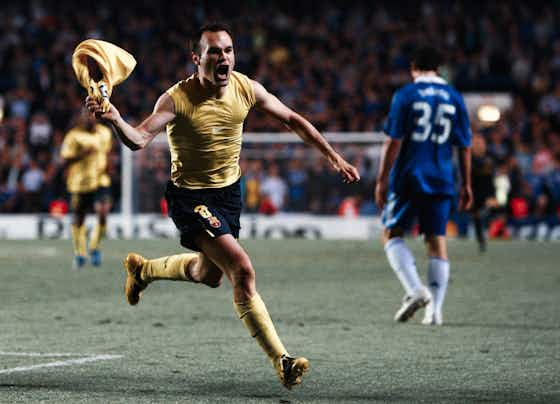
Iniesta always came through for Barcelona. (Photo via Getty)
The first time Iniesta really caught the eye of those who mattered, though, was when he was invited to train with the first-team not long after that triumphant Nike Premier Cup campaign. It is here when he left Pep Guardiola, a Barcelona legend who would go on to coach him at Camp Nou a few years later, absolutely dumbfounded.
Even in this instance, though, his reserved nature prompted Guardiola to send Luis Enrique fishing for the prodigious teenager. It is on this day when Guardiola famously proclaimed, “Remember this day, the day you first played with Andrés,” before pulling Xavi, who would later become Iniesta’s partner-in-crime, to one side to whisper, “You’re going to retire me. This lad is going to retire us all.”
Iniesta was not too dissimilar to Guardiola himself in that he embodied the famous La Masia principles of ball retention, passing and using space — “Receive, pass, offer, receive, pass, offer.” He knew when to pick the right pass, how to set the tempo of the game, boasting spatial and time awareness unlike any other. He would later go on to be the flag bearer of the academy at a time when youngsters would, more often than not, have an unclear pathway to the first-team due to the conveyor belt of foreign players arriving at Camp Nou in the past decade or so.
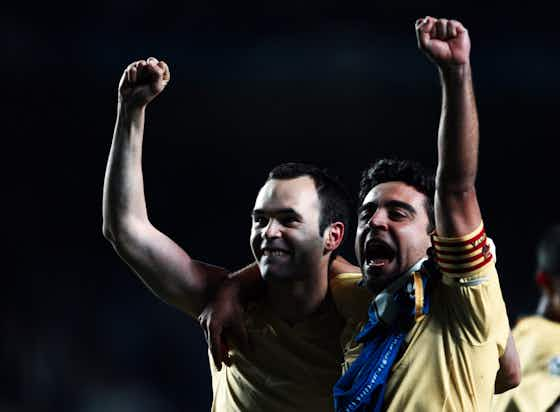
Xavi and Iniesta dominated the world of football for years to come. (Photo by Jamie McDonald/Getty Images)
Less than a decade after impressing Guardiola, Iniesta would go on to inspire the now-Manchester City boss. However, he was not really on a bed of roses upon his promotion to the first-team. Instead, Iniesta slowly grew into his role of a midfield mainstay and was a deputy to Xavi and Deco till a game that changed his life and defined Barcelona for the next decade or so. This was also the game when Iniesta provided an early indication of his leadership abilities within the first-team.
As Barcelona lined up to take on Arsenal in the UEFA Champions League final in 2006, Iniesta was unsurprisingly named as a substitute. However, a slow start to the game had seen Barça fall behind Arsenal despite having the numerical advantage after an early dismissal for the Gunners’ goalkeeper Jens Lehmann. Then manager Frank Rijkaard, though, was in inspired touch on the sidelines, making three changes that would alter the course of the game.
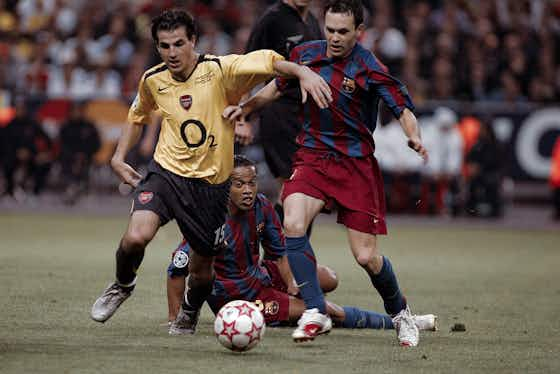
Iniesta looked ice-cold on the grandest stage in club football, playing among some absolute superstars. (Photo via Imago)
But while Henrik Larsson provided two assists and Juliano Belletti scored the winner, Iniesta’s contribution went under the radar in the game. Installed in the ‘pivote’ slot after replacing Edmilson at half-time, the young prospect was assured rather than star-eyed playing a role he was not accustomed.
Iniesta, though, did exactly what Rijkaard wanted from him – pick the ball up in deep areas and dictate play. Soon enough, his teammates would follow his lead and dance to the tune of his moves. Perhaps for the first time in his senior career, had embraced added responsibility and come out of the experience a man who would go on to boss games as second nature for years to come.
The Guardiola era was soon ushered in and Iniesta went on to become the bedrock of the Barcelona side that dominated football for nearly half-a-decade and is often labelled as the best team of all time. It is at this time when the Spanish wizard started taking on even more responsibility. Alongside Xavi, he would go on to essay the tiki-taka brand of football to perfection, guiding Barcelona to unparalleled success.
Slowly but surely, it had become difficult to imagine a team without Iniesta at its very heart. Such was the sheer impact of Iniesta’s performance that Sir Alex Ferguson singled him out in his pre-match preparation ahead of the 2009 Champions League final, at the end of which Barcelona returned to the summit of Europe.

Barcelona and Iniesta showed Barcelona no mercy. (Photo by CARL DE SOUZA/AFP)
Post the chastening that United had just received, Wayne Rooney marvelled at the mention of Iniesta, exclaiming in the dressing room that the Red Devils had just been beaten by a team overseen by the best player in the world. He was, of course, talking about Iniesta and not Xavi or Lionel Messi. The baggage of leading the team as its club captain would soon follow.
By the time of the 2014/15 season began, it had already become clear that Iniesta was next in line to become the club captain at Camp Nou. Over the course of that campaign, which saw Barcelona become the first club in the history of the game to win the treble of the domestic league, domestic cup and European Cup twice, Iniesta had already donned the armband in the absence of Xavi.
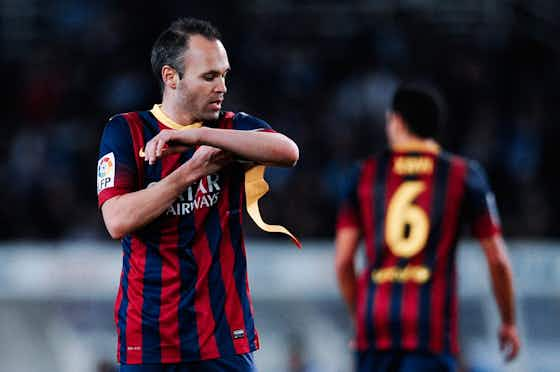
Iniesta already knew the responsibilities that came with the armband. (Photo by David Ramos/Getty Images)
Soon enough, the Spaniard inherited the famous armband from Xavi for good. It is at this time when a painful transition began at Camp Nou, one that continues to haunt the Blaugrana to this day. However, the mere presence of Iniesta on the pitch meant that the passing of the torch to the next batch was elongated, although many-a-time, it was agonizingly obvious that a lot needed to change at the club.
No longer were Barça a feared quantity, which was clear in the way they were booted out of the UEFA Champions League by AS Roma, after they had appeared to be comfortable in the quarter-final tie. By the time the 2017/18 season came to a close, Iniesta had once again played his part in a league and cup double, scoring the winner in the Copa del Rey final in a man-of-the-match performance.
Even in his cup swansong, which would be followed by the poignant and powerful farewell at Camp Nou, Iniesta was the best player on the pitch, again letting his game do the talking. However, the aforementioned farewell is what would capture the imagination while filling the Culés, in with a sense of fear about what was to come.

Not quite what Iniesta would have wanted, but Iniesta’s final game with the Blaugranas was a thumping against Sevilla in the CDR, where he scored a rare goal. (Photo by David Ramos/Getty)
Iniesta’s time had hesitantly come. A player who often had the command over time and space at will on the pitch would soon no longer be putting on the famous Blaugrana strip. When the time finally, painstakingly came to bid him goodbye, Messi gave him the tightest hug seen on a football field, taking an extra moment to hold on to his dear friend. The new captain-in-waiting was aware that he would no longer be able to look towards Iniesta for inspiration. That absence is dearly felt to this day.
Iniesta’s leadership style was another way to differentiate him from the run-of-the-mill player, the usual copybook captain. He does not scream and shout, barking out orders like a Roy Keane. He also does not look to take matters into his own hand like a Carles Puyol. He was a captain who would often lead by example, but that does not mean that that was the only way he would assert his authority or instil a sense of optimism.
The first instance of Iniesta displaying such a trait was in the early days of Pep Guardiola’s reign as the Barcelona manager. Barça had made a slow start to the season, and Guardiola was facing a baptism of fire. The team was well off being a champion outfit, let alone a feared quantity. With Guardiola buried in his notes, he heard a knock on the door. Out peeked the diminutive figure of Iniesta, who started:
“Hello, míster. Don’t worry, míster. We’ll win it all. We’re on the right path. Carry on like this, OK? We’re playing brilliantly, we’re enjoying training. Please, don’t change anything.” Pep Guardiola recalling Iniesta’s words | An extract from The Artist: Being Andres Iniesta (Autobiography)
The vote of confidence did not come from the most influential of players at the time. It did not even come from the most vocal of players.
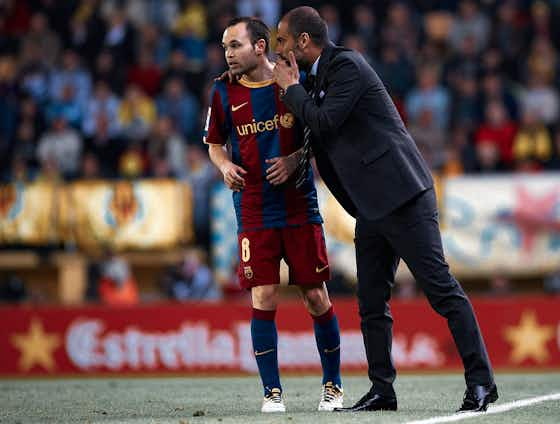
Iniesta was a man Guardiola, or any other manager at the helm could trust. (Photo by Manuel Queimadelos Alonso/Getty)
However, in doing so, Iniesta proved that while he may not speak a lot, one has to sit up and take note on the odd occasion when he did. With Johan Cruyff publicly backing him and Iniesta buoying him behind closed doors, Guardiola had all the confidence in the world to guide Barcelona to a historic season. By the summer of 2009, Barça had won each of the six titles they had been vying 10 months ago.
As Guardiola would further state, “People usually think that it is the coach who has to raise the spirits of his players; that it is the coach who has to convince his footballers; that it is his job to take the lead all the time. But that’s not always the case. It wasn’t the case at the Camp Nou for me. You start, you lose at Numancia, you draw with Racing, you just can’t get going, you feel watched, and you feel alone and then suddenly, there’s Andrés telling me not to worry.”
“It’s hard to imagine, because it’s not the kind of thing that happens and because it’s Iniesta we’re talking about, someone who doesn’t find it easy to express his feelings. And after he’d gone, I asked myself: how can people say that coaches should be cold when they make decisions? Impersonal? That’s ridiculous! How can I be cold, distant, removed with Andrés?”
Guardiola would further hail Iniesta by saying he helped him understand the game better, simply by wielding his craft on the pitch. Indeed, when on the pitch, he carried an aura that demanded excellence, nay perfection, by himself demanding that of him every single time. When his teammates were in need of a pick-me-up, though, Iniesta would even let his words spur them on to lift their levels.
As he would privately with Guardiola, the midfield maestro knew just what to say at the right time, just as he would when releasing a pass at the most opportune of moments. Such moments also came when the time was right. By his way of leading, Iniesta taught us that leaders can be humble, unselfish, grounded and unassuming, all while leading a highly successful side.

A photo that can bring any Barcelona fan to tears. (Photo by David Ramos/Getty Images)
In the end, though, his time at Camp Nou was over, just as it was for many before him, just as it will be for many more after him. The Andrés Iniesta chapter was duly closed. However, he departed Barcelona as a legend in his own right, embodying the club’s proud slogan, Més que un club.
Time and tide wait for no one. As with everyone, it did catch up with the diminutive midfield wizard. For a long time, though, when Andres Iniesta had the ball at his feet, time would often stand still, dancing to the tune of his orchestrating brilliance, and Futbol Club Barcelona were better for it.



